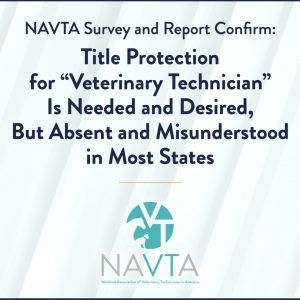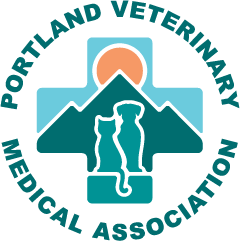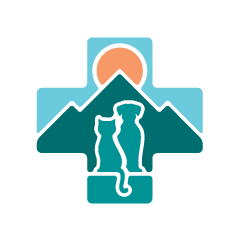The Critical Need for Title Protection in the Veterinary Technician Field

By Danny Rost CVT, OVTAA Board Director
Title protection – What is it? Do we have it? Is it needed? These are all questions that we have received in reference to the discussion on Title Protection for Certified Veterinary Technicians (CVT) in Oregon. In a recent survey by NAVTA, nearly two-thirds of Oregon veterinary technician’s believed that title protection already exists for technicians in Oregon. This only goes to show that not only are there public awareness issues about the roles and responsibilities of non-dvm veterinary professionals, but there is confusion within our own profession about utilization and protection of CVT.
Veterinary technicians play a vital role in animal healthcare, assisting veterinarians in providing comprehensive care for pets and other animals. However, despite their importance, veterinary technicians in Oregon lack the title protection they deserve. Title protection helps to establish professional credibility, safeguard the integrity of the profession, and ensure that only qualified individuals can provide specialized veterinary care. This article will explore the current state of title protection for veterinary technicians, compare it to other countries and fields, and offer suggestions for improvement.
Title protection is crucial for veterinary technicians for several reasons. First, it ensures that the public can trust the quality of care provided by these professionals. Title protection helps to ensure that those using the title ‘veterinary technician’ have met rigorous educational and examination requirements, guaranteeing a high standard of care.
Moreover, title protection helps to maintain the integrity of the profession. When people use the title ‘veterinary technician’ without having the proper qualifications, it undermines the work of those who have earned it and can lead to misrepresentation and confusion for the public.
In the United States, the regulation of veterinary technicians varies from state to state. Several states still lack a credentialing body for technicians while other states have robust title protection laws in place. As of 2022, 11 states had enacted general title protection for veterinary technicians. Another 10 states have limited protection for the title Certified/Licensed/or Registered Veterinary Technician, but do not restrict the use of “veterinary technician” to those who are licensed. This leaves 29 states without adequate title protection, resulting in inconsistency across the country.
Oregon currently does not have title protection. The Oregon State Veterinary Practice Act does define the term veterinary technician as a person licensed by the Board (OVMEB) as a Certified Veterinary Technician. However, the definition does not mean the title “Veterinary Technician” cannot be used for job postings or as held title positions for those who are not certified in Oregon.
Title protection is prevalent in many other countries and fields. For instance, Canada has a comprehensive system of title protection for veterinary technicians. All Canadian provinces require veterinary technicians to be registered with a provincial regulatory body to use the title “Registered Veterinary Technician”.
Similarly, other allied health professions, such as dental hygienists and physical therapists, have title protection laws in place to ensure that only qualified individuals can practice. In the United States, all 50 states require licensure for dental hygienists, and 49 states require licensure for physical therapists.
To enhance title protection for veterinary technicians, several steps can be taken:
- Lobbying for stronger title protection laws: Organizations like the OVTAA, with support from PVMA, are currently in the process of advocating for comprehensive title protection laws at the state level.
- Public awareness campaigns: Raising awareness about the importance of title protection for veterinary technicians can encourage the public to seek care from qualified professionals and put pressure on lawmakers to strengthen regulations.
- Collaborating with other allied health professions: By working together with other professions that have successfully implemented title protection, veterinary technicians can learn from their experiences and adopt best practices.
Title protection for veterinary technicians is essential for maintaining the integrity of the profession and ensuring that animals receive the highest standard of care. By working together to strengthen regulations and raise public awareness, we can create a more consistent and reliable system for veterinary technician title protection, ultimately benefiting both the profession and the animals they care for.

